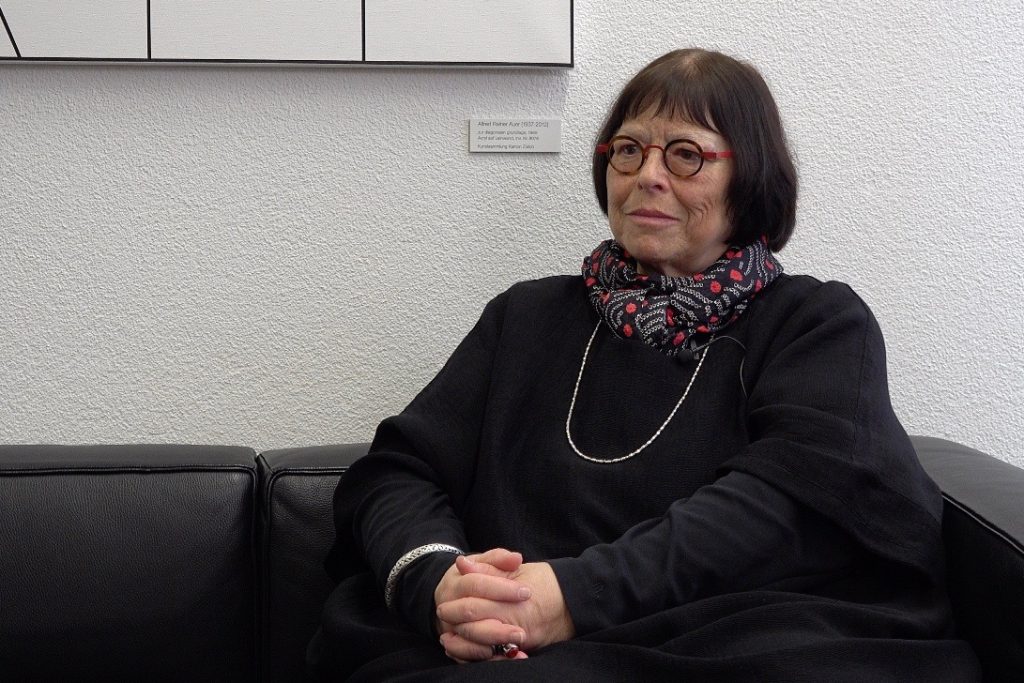Claudia Kaufmann was born in 1956 in Basel and experienced her youth during a time of social upheaval. In her family, it was taken for granted that women participated in public life. Long before the introduction of women’s suffrage in 1971, she accompanied her father to referendums and learned early on to view political participation as a self-evident right that should belong to all people. She belonged to the last all-girls graduating class in Basel. Her experience of this is ambivalent. Already as a student, she was involved in the board of the student parliament, which laid the foundation for her political awareness.
After graduating from high school, she began studying law at the University of Basel. The law faculty was composed entirely of male professors, which had a strong influence on the content of teaching. For example, the revision of marriage and family law was still pending, marital rape did not exist as a criminal offense, the provisions then in force were taught without criticism, and efforts toward gender equality were not an issue. These circumstances sharpened her view of structural inequalities.
She chose to study law because she wanted to work in juvenile corrections. But during the course of her studies, her interest in women’s and gender equality issues grew. She joined the new women’s movement, was active in the feminist organization OFRA (Organization for the Cause of Women), and helped establish the legal advice center for women (INFRA) in Basel. The years of this spirit of awakening left a lasting impression on her: she acquired feminist knowledge, learned the “joyful arguing” over positions, and built a strong network of committed women.
In the 1980s, she earned her doctorate, and her dissertation analyzed the new gender equality provision Art. 4 para. 2 of the former Federal Constitution in the context of the revision of marriage law. Shortly afterward, she contributed her expertise to national gender equality policy and worked for the Federal Commission for Women’s Issues. In this role, she helped draft the Gender Equality Act and participated in its parliamentary deliberations, as well as in the revision of sexual criminal law.
In 1988, she was appointed the first director of the newly established Federal Office for Gender Equality. In 1993, she assumed the role of Deputy Secretary-General and Head of the Legal Service in the Federal Department of Home Affairs; in 1996, she was elected Secretary-General of the FDHA. After her work in the federal administration (1985–2003), she moved to the municipal level in autumn 2014 and became the Ombudswoman of the City of Zurich. In this role, she advocated for the concerns of citizens until 2020 and used individual complaints as a basis for legal, structural, and systemic improvements.
In 2011, she received the Fischhof Prize for her commitment against racism and all forms of discrimination. In 2018, she was awarded an honorary doctorate by the Faculty of Law at the University of Zurich. She is the author and editor of various publications on gender equality and social policy issues.
Claudia Kaufmann’s personal and professional path clearly demonstrates that personal commitment and institutional change can be successfully combined. Whether as a fighter for feminist causes, a pioneer in the federal administration, or an ombudswoman, she has always persistently advocated for the advancement and realization of equality, human rights, and justice, goals that also characterize her post-career activities.

